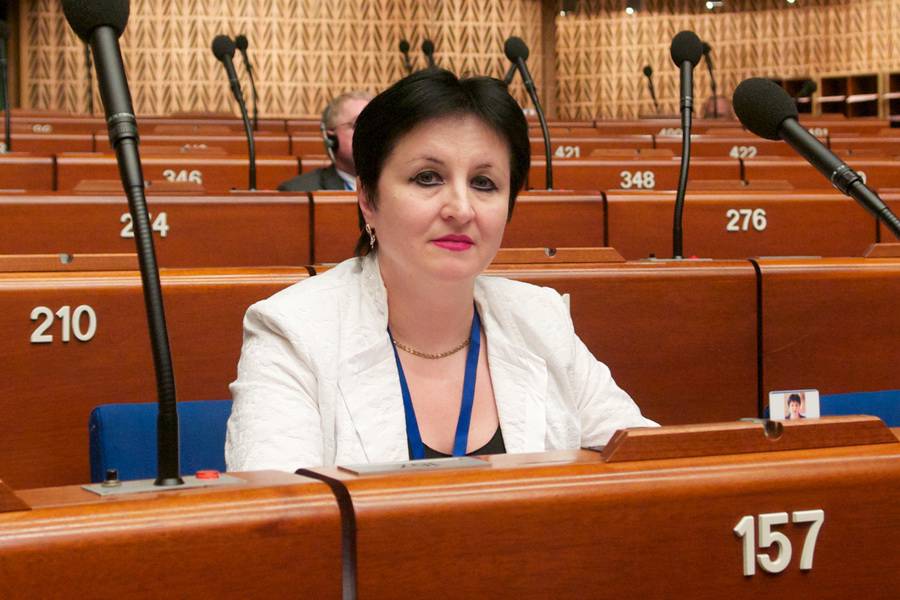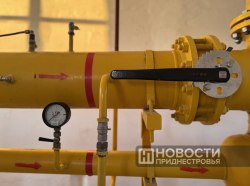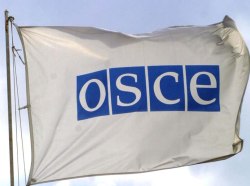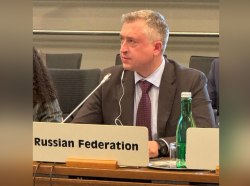As the leader of the Right party, ex-MP Ana Guțu said in an interview with journalists, the negotiation process may prevent Moldova from joining NATO and the EU and its merger with the neighbouring country.
«No one is seeking to solve the problem of Moldova's territorial integrity; negotiations over Pridnestrovie are actually used to hide attempts to prevent the unification with Romania. Granting special status to Pridnestrovie within the negotiations in the «5+2» format may result in the 'pridnestrovisation' of Moldova, refusal of Euro-Atlantic integration," TASS cites Guțu as saying.
According to her, the European partners must provide financial assistance until the end of 2018 for the relocation of those who want to leave Pridnestrovie for Moldova.
She also demands that the Moldovan authorities should tighten control at the border with the PMR and refuse to buy Russian gas and Pridnestrovian electric power.
It is evident that Guțu reveals the plans of Moldova's pro-European government and parliament. At the start of the year, Moldovan prime minister Pavel Filip signed an agreement with Ukrainian colleagues on joint customs and border control at the Kuchurgan checkpoint and the construction of a cascade of power plants in the Ukrainian sector of the Dniester river. Moreover, the signatories of these agreements did not hide that these measures aim to deteriorate the economic situation of the PMR.
Meanwhile, the implementation of the joint border control agreement has already begun. According to the Moldovan media, at the first stage, in March, an information campaign will be launched to show «the benefits of the joint checkpoint for the population and economic entities». Monitoring will be conducted at the next stage, and by the end of the year the checkpoint will be put into operation.
It should be noted that this issue is not included in any negotiation baskets and is not discussed by Tiraspol and Kishinev on any negotiating platform. Accordingly, such unilateral steps cannot be regarded in the PMR as constructive and are likely to affect further relations between the conflicting sides.








